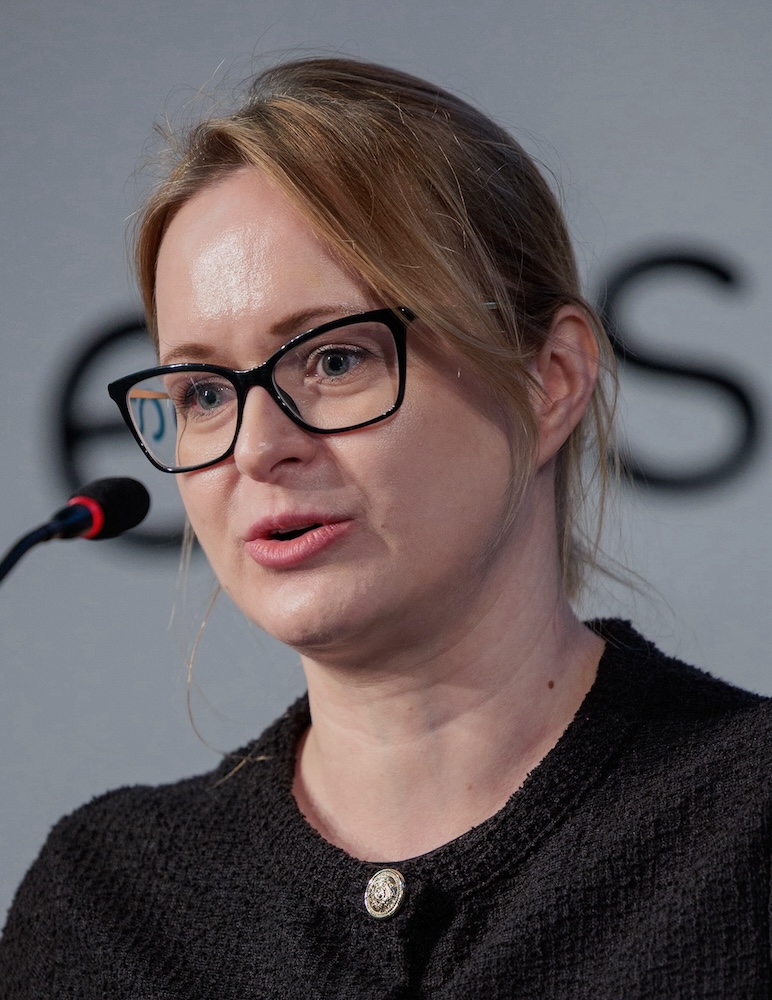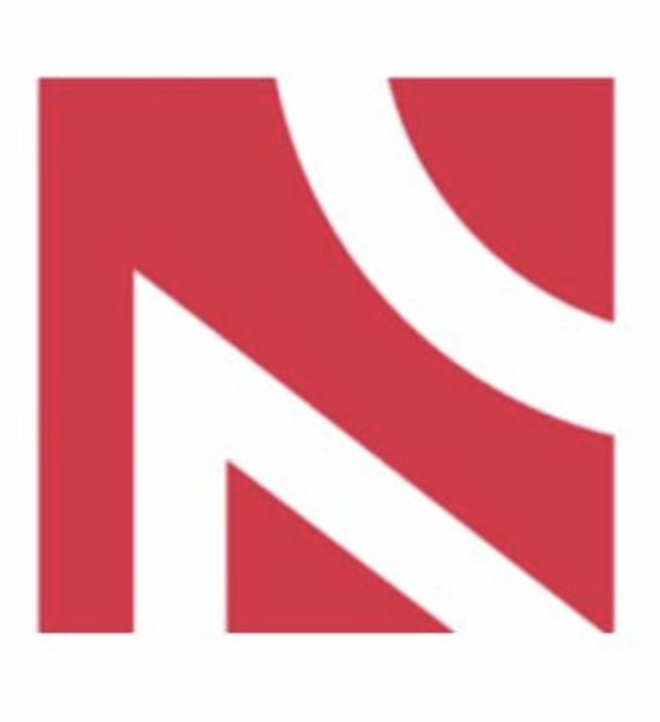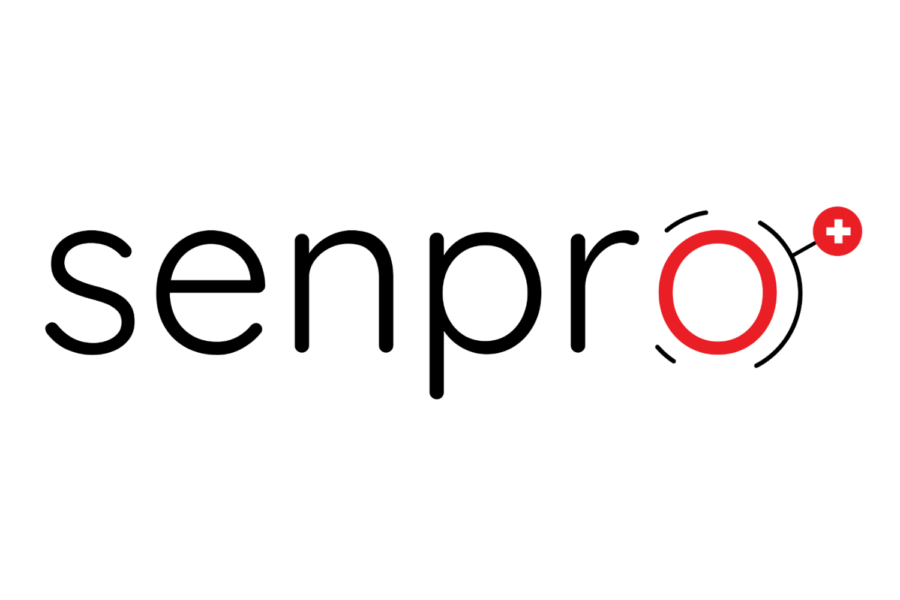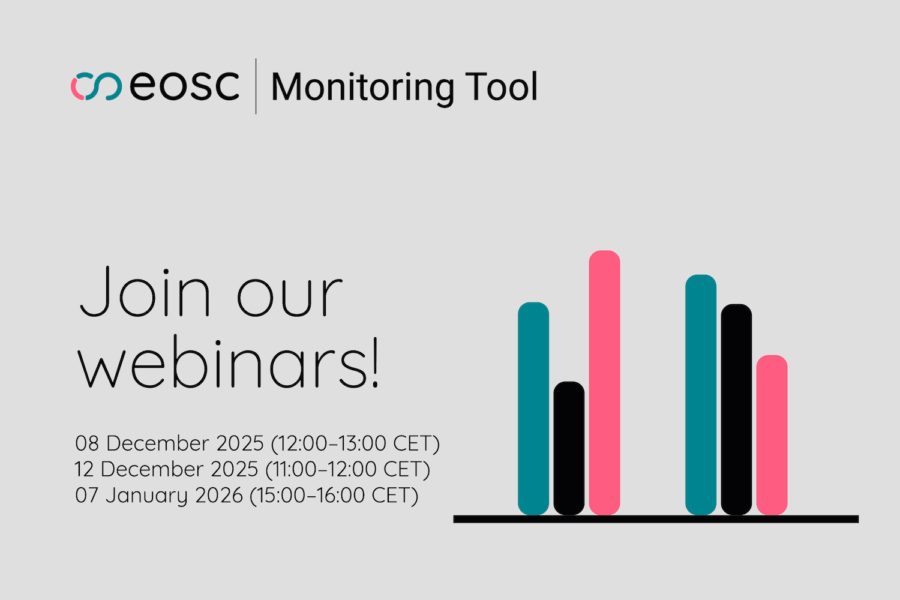In this interview, Aneta Pazik-Aybar of the National Science Centre Poland (NCN) shares her view on the progress made by Poland on the deployment of EOSC.
From the perspective of an experienced public funding officer, she emphasises the need to maximise allocated funding and break down national silos to collectively work towards Open Science as the new normal. She also spoke of the activities that NCN, the EOSC-A Mandated Organisation for Poland, implements to contribute to the development of relevant policies.
Conducted by Natalia Galica (NCN) and Isabel Caetano (EOSC Association), this interview is part of a series coordinated by the EOSC Focus project. The interviews aim to highlight the role of the EOSC Association’s Mandated Organisations. By bringing their activities and insights to the forefront, the EOSC Focus interviews will help to reinforce the connections between each country’s Mandated Organisation and its EOSC Association Member and Observer organisations, as well as to make visible the work going into the implementation of EOSC at the national and institutional levels.
What is the role of NCN in the EOSC Association and what was your main motivation for joining the Association?
The main motivation for the National Science Centre Poland (NCN) to become a member of the EOSC Association was to be a part of a large and diverse European community working together to make Open Science (OS) the new normal.
As Poland’s Mandated Organisation for the EOSC Association, the NCN plays a bidirectional role. We share the input of the Polish community with EOSC-A and pass feedback from the Association and its members on to our national EOSC structure. This role focuses on three main activities: providing relevant information and feedback, enhancing alignment, and coordinating national stakeholders in their national and Europe-wide engagement with EOSC.
The NCN collaborates with institutions in Poland and across Europe to ensure the alignment of our national efforts within the broader context.
As a member of the EOSC Association, we also contribute to the forums for Mandated Organisations and Funders, which have been set up by the Association.
Could you describe how NCN facilitates and promotes the EOSC ecosystem, both at the national and European level?
The NCN employs several practical channels and strategies at the national, regional and European levels. At the national level, the NCN coordinates the EOSC Poland Network, an informal group of institutions committed to OS in the EOSC context. This network includes both members and non-members of EOSC-A, ensuring a comprehensive and inclusive approach to foster strategic discussions and share information.
EOSC cannot develop in silos. It can only grow through dialogue. This is why we decided to organise our National Tripartite Events alongside the EOSC Festival, a larger event to celebrate OS. We call it a festival to emphasize the positive aspect of bringing together national and European partners. Since 2023, the festival has included a dedicated event for Widening Countries to enhance multilateral collaboration in the regional context.
Additionally, to facilitate the process of community building, the NCN launched the EOSC Poland website, which is co-created by the Polish EOSC community. The website serves as a platform to share information about the Polish EOSC landscape and ensure the visibility of good practices in Poland.
We are actively involved in the developing and implementing of research data management policies. Before joining the EOSC Association, in May 2020, the NCN adopted an Open Access Policy to share publications and underlying data in line with FAIR principles. A year earlier, a mandatory Data Management Plan (DMP) was introduced in all research proposals submitted to NCN. This resulted in more than 30,000 DMPs created by December 2023.
To promote research data sharing, we have conducted more than 100 trainings and expert discussions, alongside Massive Open Online Courses (MOOCs) on research data management and data stewardship with the annual enrolment at the level of five thousand participants.
We also organise and participate in international events, including National Tripartite Events, the EuroScience Open Forum (ESOF), the EOSC Symposium, and the EOSC Winter School.
At the European level, we support the Polish Ministry of Science and Higher Education in engaging with the EOSC Steering Board. The NCN is also involved in the EOSC Focus project, leading the Work Package on Monitoring and Impact Assessment, and contributing to engagement within the regional hub and Widening Countries. We will also participate in the recently funded EOSC Gravity project.
Could you identify the most relevant national policies for OS and for EOSC in Poland?
Currently, the main strategic document is the State Science Policy adopted by the Ministry of Science and Higher Education in 2022. It identifies both OS and EOSC as priority areas for policy interventions. The National Open Research Data Policy is currently under development and is expected to be implemented this year. Unfortunately, Poland does not have a specific Open Science policy yet.
However, there is a dynamic grassroots policy-making process. Even though the NCN Open Access policy is an institutional policy, we have observed its positive impact on RPOs to implement their own measures related to OS. According to the 2023 survey conducted among Polish Research Performing Organisations (RPOs), 54 out of 197 surveyed RPOs already had relevant policies, and additional 100 institutions were planning to develop them.
Could you describe the resources, including funding sources, and the coordination mechanisms that are available for EOSC-related activities in Poland?
Currently, there is no specific national financial coordination instrument that would be dedicated to EOSC, but I hope that the new National Open Research Data Policy will provide a proper solution. However, we have several financial instruments to support OS practices. The NCN provides financial support to its grantees to meet policy-related requirements, for which around €4 million is allocated annually. There are many projects in the scope of research and data infrastructures that have been funded through the European funds, particularly the European Regional Development Fund and the Cohesion Fund. Recently, a large project aimed at developing an EOSC cloud infrastructure has been funded through the National Recovery and Resilience Plan. Polish institutions are also involved in numerous INFRAEOSC projects, including Skills4EOSC, Blue Cloud, OSTrail, and EOSC Beyond.
Considering your multidimensional expertise, what in your opinion are the strengths of Poland in the process of implementing EOSC?
Poland has several strengths, with one of the biggest being its community of dedicated OS professionals, who have established a strong collaborative network of data stewards. They play a crucial role in implementing OS by supporting Polish researchers and RPOs, raising awareness, providing knowledge and skills, and developing institutional policies, structures and services.
There is a robust infrastructure and a number of useful services, including for example the HPC centres, PLGrid and the PIONIER network. We are also pleased to see a growing number of national and institutional repositories providing internationally recognised standards. A synergy between dedicated professionals, services and infrastructures is essential for the transition to OS as the new normal.
Are there any challenges for the deployment of EOSC in Poland?
The biggest challenges are that we don’t have a national OS policy and a financial coordination mechanism in place, but I hope that this is going to be resolved in the near future. Another area that still needs attention is the relatively low awareness among researchers about the importance and the benefits of research data management, sharing, and reuse. We also see a lack of appropriate incentives for researchers to open up and reuse data. One of the key issues are legal constraints related to copyrights.
Which initiatives implemented by NCN and other Polish stakeholders do you find strategic?
The Polish institutions are engaged in several strategic efforts related to EOSC. More than 50 institutions are members of the Coalition for Advancing Research Assessment (CoARA), which highlights institutional efforts to improve research assessment and provide more effective measures to recognise and reward OS practices. Poland is also a member of the EuroHPC Partnership. Poland has invested resources, provided by the Cohesion Fund, in developing research infrastructures on the Polish Map of Research Infrastructure (PMIB). The NCN is one of the founding members of cOAlition S and contributes to the OS Working Group of Science Europe, collaborating with other funding institutions across Europe.
We have also been involved in the CHIST-ERA Consortium Call on Open and Re-usable Research Data and Software (ORD). This joint activity of European and non-European funders is aligned with EOSC in its vision for FAIR data and services. As a result, the NCN funded five out of nine successful projects. The call demonstrates the consortium’s dedication to support the development of OS standards and tools by the research community.
What is your vision for EOSC post-2027 and how can NCN help to materialise it?
Our vision is to see EOSC in 2027 as a fully-fledged and interoperable research data ecosystem that connects researchers, data, and relevant services across Europe. We envisage a post-2027 model based on two key principles. Firstly, governance should be grounded in a robust tripartite collaboration between institutional, national, and European levels. Secondly, governance should be embedded in the principles of inclusivity and openness, which give voice to research communities across Europe.
To contribute to this vision, NCN will promote these principles and foster collaboration and engagement. We will continue our training programmes to equip researchers and data stewards with the necessary skills and competencies in research data sharing and reusing. The NCN will continue bringing the expertise from Poland to European fora, ensuring that important insights help to advance OS in the future.
Given the evolving context of EOSC, additional engagement mechanisms are needed. As a public funding officer, my work is guided by the need to maximise the impact of the funding we provide. When considering the broader European OS ecosystem, better coordination in exchanging experiences, assets, and resources is crucial. Science is inherently global and we need to see OS and EOSC as initiatives that extend beyond national borders. We must strive to break down national silos and collectively promote the best standards, while maximising the use of existing resources. By uniting our forces, we can ensure more efficient and impactful OS across Europe, and support scientific discoveries.
Are there any news about the upcoming Polish Presidency of the Council of the EU?
We want to ensure that EOSC is included in the programme of the Presidency. We plan to organise the European EOSC Tripartite Event and the meeting of the EOSC Steering Board as a part of the official agenda of the Polish Presidency. We hope that the Polish Presidency will contribute to a diverse and equitable EOSC and help to highlight it as a key European initiative that strives to make OS the new normal.
About National Science Centre Poland
The National Science Centre Poland (NCN) is a government agency. It was set up in 2010 to support basic research. The NCN funds projects in the Arts, Humanities and Social Sciences, Life Sciences and Physical Sciences, and Engineering. The NCN has funding schemes dedicated to researchers at different stages of their career. In May 2020, NCN adopted the Open Access Policy, which also regulates research data management in accordance with the FAIR principles.
NCN in figures (2011-2023): 29 584 funded projects, 55 988 applicants, 21 111 beneficiaries, PLN 15.69 billion in funding awarded.
About Aneta Pazik-Aybar

Aneta Pazik-Aybar leads the Open Science team at the National Science Centre Poland (NCN). Her role includes the coordination of the Open Access Policy, regulating both scholarly communication and open research data. Aneta is a primary delegate of NCN, the Polish Mandated Organisation in the EOSC Association, and serves on the EOSC Steering Board. She also represents NCN in the Open Science Working Group of Science Europe and in the Expert Group of cOAlition S. Aneta is a member of the Advisory Team to the Polish Minister of Science and Higher Education in charge of guiding the national policy on open research data.







